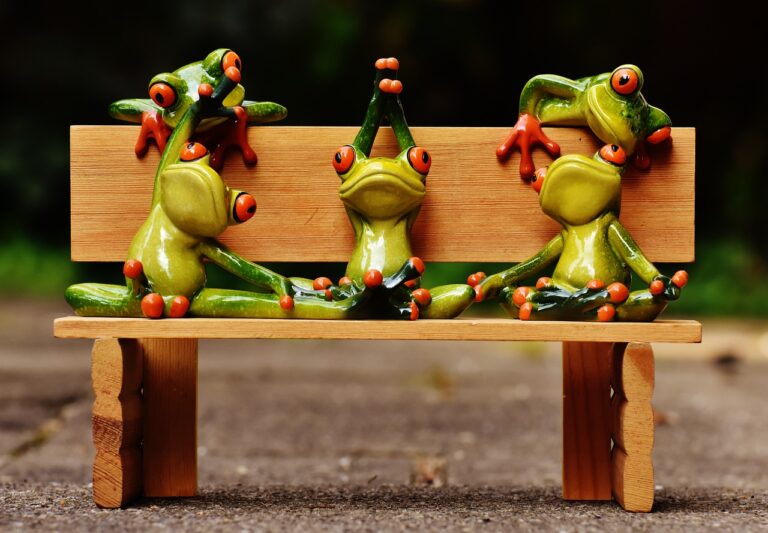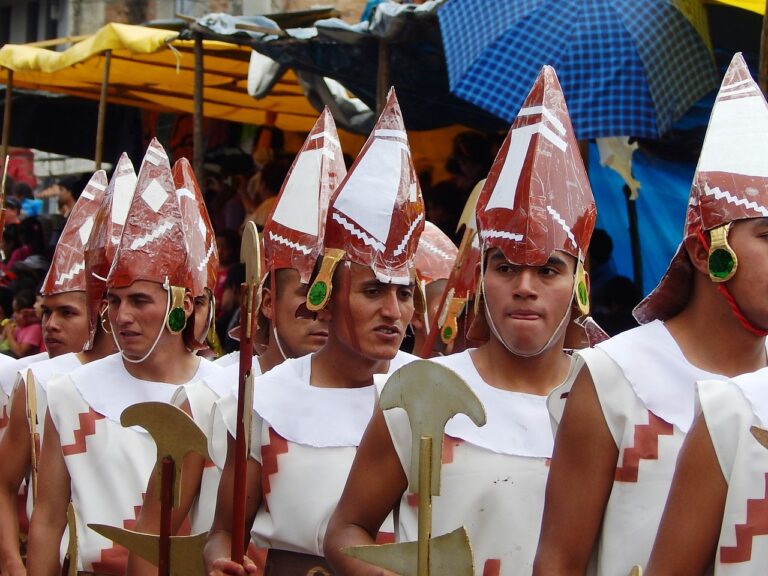Cultural Sensitivity in Historical Reenactments: Avoiding Offense and Misrepresentation: 11xplay .com, Diamondexch999 sign up, Skyexchange
11xplay .com, diamondexch999 sign up, skyexchange: As historical reenactments gain popularity around the world, it is crucial to address the issue of cultural sensitivity to avoid offending or misrepresenting certain groups of people. Historical reenactments can be a fun and educational way to learn about the past, but it is essential to handle them with care and respect for all cultures involved.
Research Before Reenacting
Before participating in a historical reenactment, it is essential to research the time period, culture, and customs being portrayed. Understanding the historical context will help ensure that the reenactment is accurate and respectful.
Consult with Culture Experts
If you are unsure about certain aspects of a culture or time period, it is always a good idea to consult with culture experts. They can provide valuable insight and guidance on how to represent a culture accurately and respectfully.
Avoid Stereotypes and Misconceptions
When reenacting historical events, it is crucial to avoid perpetuating stereotypes or misconceptions about a culture. Instead, strive to portray a culture in a nuanced and accurate way that reflects its diversity and complexity.
Respect Traditions and Customs
To show respect for a culture during a reenactment, it is important to be mindful of traditions and customs. Avoid caricatures or exaggerations that may be offensive or disrespectful.
Use Authentic Costumes and Props
When participating in a historical reenactment, it is essential to use authentic costumes and props that are appropriate for the time period and culture being portrayed. This attention to detail will enhance the authenticity of the reenactment while showing respect for the culture being represented.
Be Open to Feedback
It is essential to be open to feedback from members of the cultural group being portrayed in a reenactment. Listening to their perspectives and concerns will help ensure that the reenactment is respectful and accurate.
FAQs
Q: What if I make a mistake or unknowingly offend someone during a historical reenactment?
A: If you make a mistake or unknowingly offend someone during a reenactment, it is important to apologize and make amends. Learn from the experience and strive to do better in the future.
Q: Can historical reenactments be a form of cultural appropriation?
A: Historical reenactments have the potential to be a form of cultural appropriation if not done respectfully. It is essential to approach reenactments with sensitivity and respect for all cultures involved.
Q: How can I educate myself about different cultures before participating in a historical reenactment?
A: To educate yourself about different cultures, you can read books, watch documentaries, and consult with culture experts. Learning about the history, traditions, and customs of a culture will help you portray it accurately and respectfully in a reenactment.
In conclusion, cultural sensitivity is paramount when participating in historical reenactments to avoid offense and misrepresentation. By following these guidelines and being respectful of all cultures involved, reenactors can ensure a positive and educational experience for themselves and their audience.







